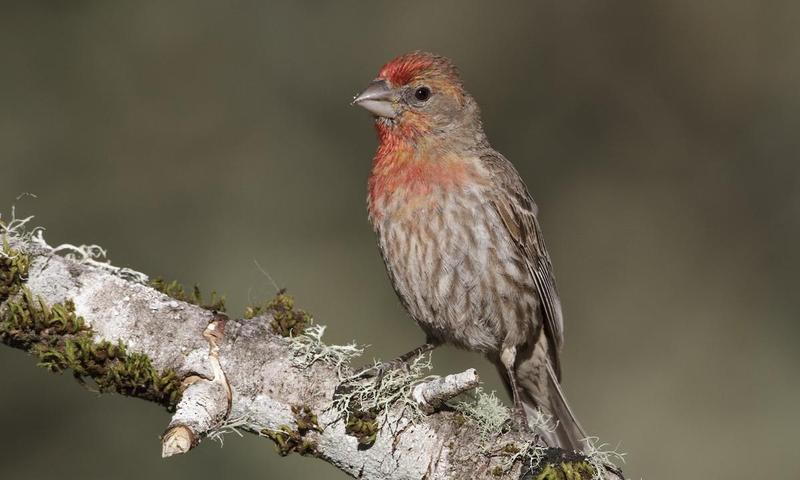Songbird brain provides insight into human behavior
Songbird brain provides insight into human behavior
A research from UT Southwestern’s Peter O’Donnell Jr. Brain Institute shows a bird’s tune can be changed – to the syllable – by activating and deactivating a neuronal pathway in charge of assisting the mind determine whether a vocalization is performed properly. Previous study has proven that when a tune is done without perceived malfunction, certain neurons release dopamine into brain regions involved in motor control. The brand new study proves that by simply activating and controlling those neurons, scientists could prompt the birds to alter certain syllables in future performances.
“The results show unexpected precision in how these signals can guide the refinement of vocalizations. We expect this pathway plays a similar role in how people learn and adjust their speech,” stated Dr. Todd Roberts, Assistant Professor of Neuroscience plus also a Thomas O. Hicks Scholar at Medical Research.
The study printed in Neuron centered on the ventral tegmental area (VTA), an essential part of the brain’s reward system that reinforces behaviours. Scientists from the Roberts laboratory used optogenetic procedures to restrain the VTA neurons in zebra finches as they practiced their tune.
The discovery is the newest in a series of findings from Dr. Roberts’ team identified a system of neurons which plays a very important role in studying vocalizations by helping communication between sensory and motor areas of the mind. His laboratory is also leading an ongoing study funded by the national BRAIN Initiative research program.
Journal Reference:
- Lei Xiao, Gaurav Chattree, Francisco Garcia Oscos, Mou Cao, Matthew J. Wanat, Todd F. Roberts. A Basal Ganglia Circuit Sufficient to Guide Birdsong Learning. Neuron, 2018; DOI: 10.1016/j.neuron.2018.02.020
Be the first to post a message!
